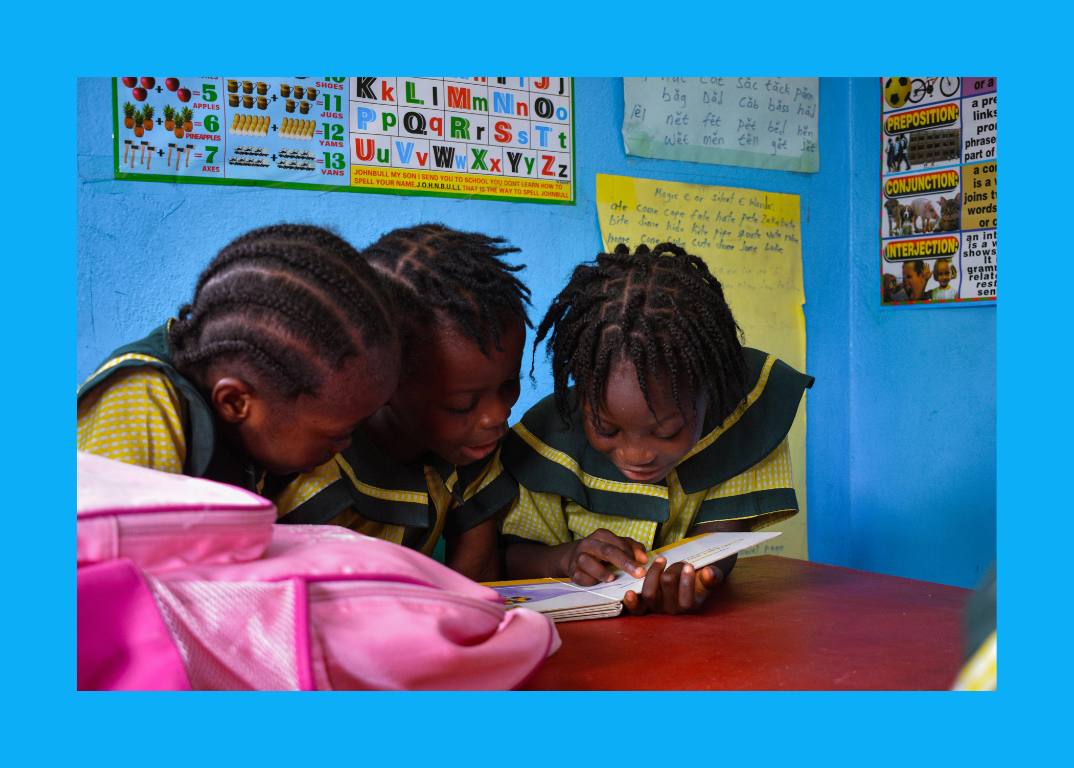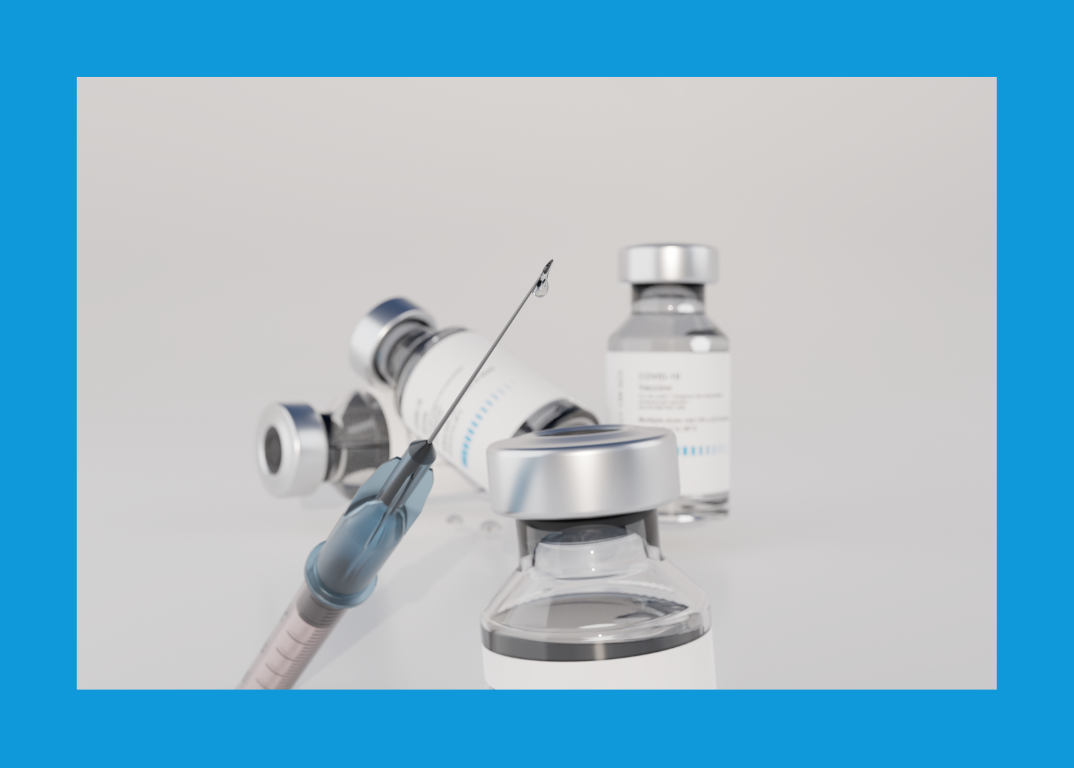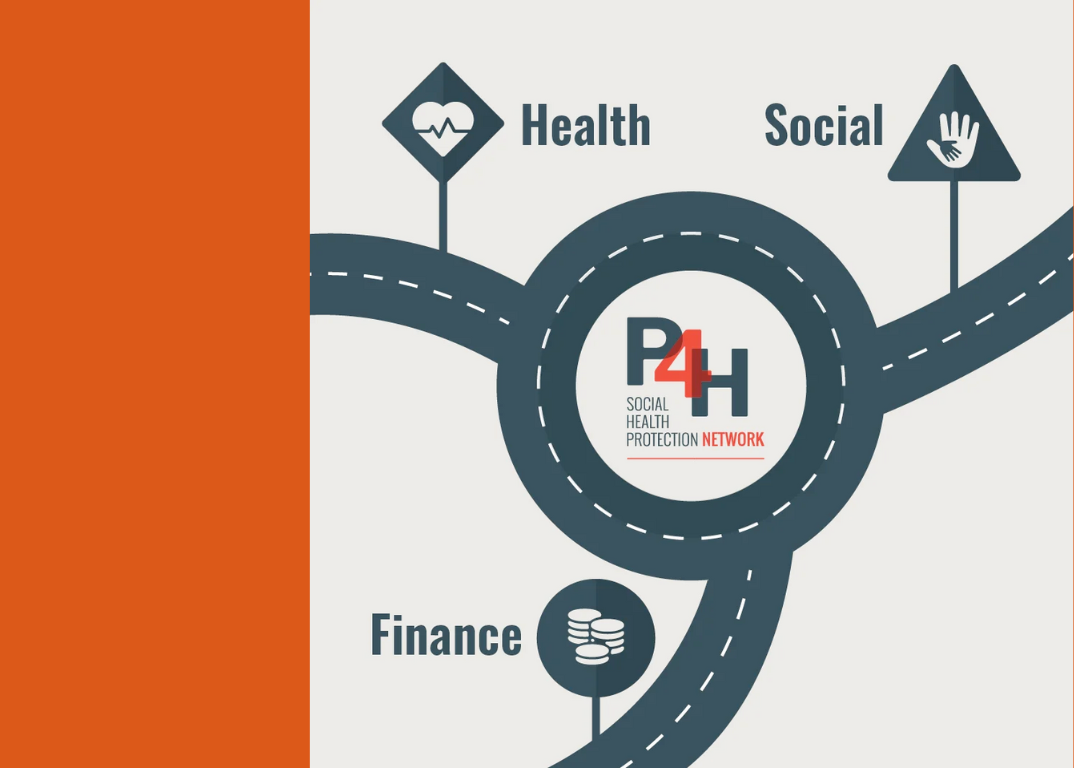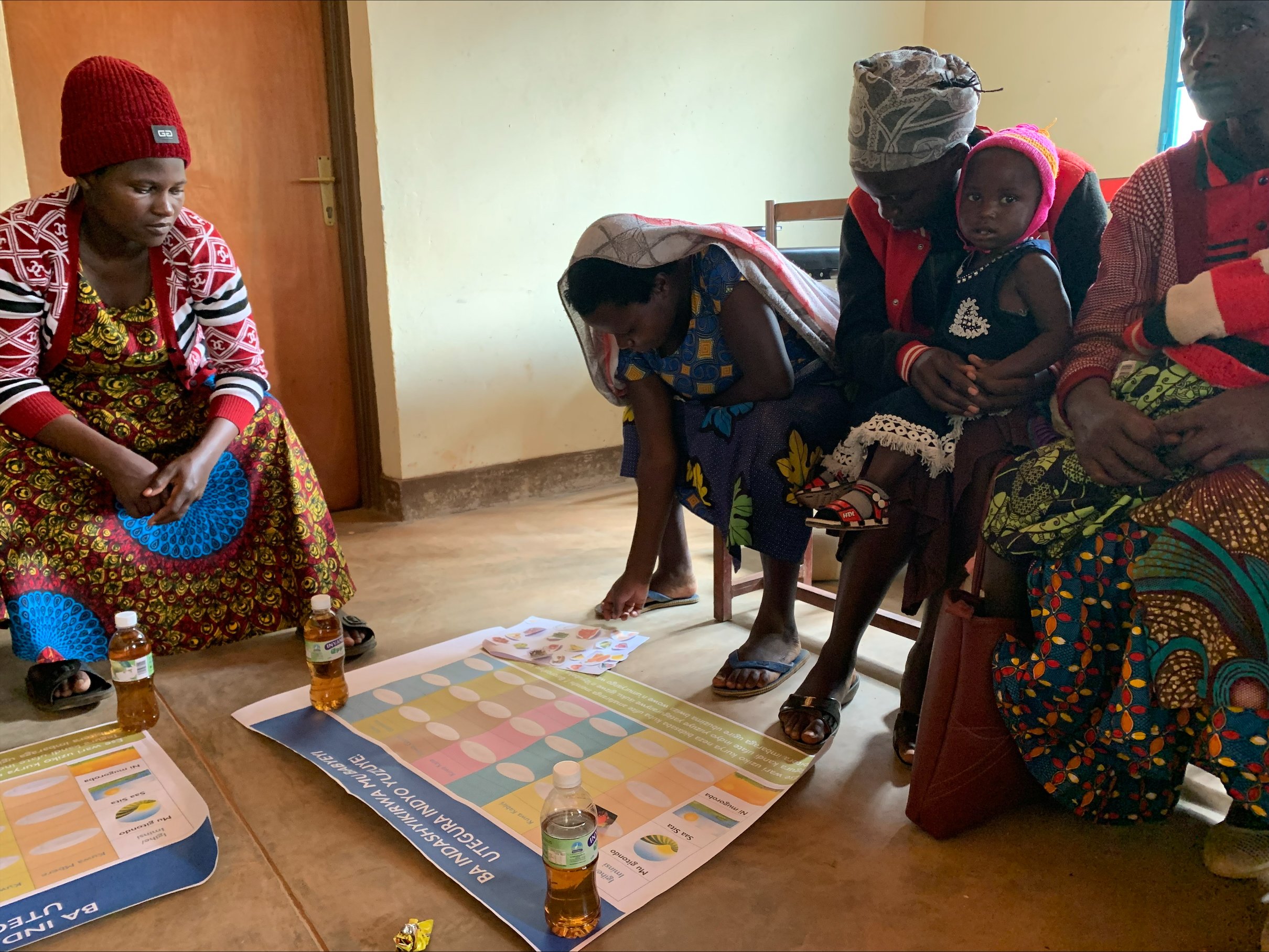Latest news
Stay up to date on the latest activities and publications from hera
Archive
- 2023
- 2024
- 2025
- Aarti Patel
- Accountability
- Afghanistan
- Africa
- Alejandra Martinez
- Algeria
- Alice Behrendt
- Alice Peschiutta
- Angola
- Anne Buve
- Argentina
- Asia Pacific
- Assessment
- Bangladesh
- Basic Health Services / Primary health care
- Behaviour Change Communication
- Belize
- Benin (Dahomey)
- Botswana
- Cabo Verde
- Calvin Tonga
- Cambodia
- Caribbean
- Central Asia
- Chad
- Child Protection
- Children
- Chile
- Cholera
- Climate change
- Colombia
- Communicable diseases (CD)
- Community Engagement
- Community Health Workers
- Comoros
- Costing studies
- Country Capacity
- Covid-19
- Crisis Management
- Côte d'Ivoire
- DRC
- Demand side financing
- Development
- Development Cooperation
- Dia Timmermans
- Dijbouti
- Drug Pricing

Evaluating UNICEF’s work in primary health care: lessons for the future
In 2024, hera partnered with UNICEF and Euro Health Group (EHG) to conduct a global evaluation of its work in strengthening Primary Health Care (PHC). Primary Health Care is central to building equitable, resilient, and people-centred health systems, and remains central to global efforts to achieve universal health coverage and the SDG 3 targets.
In recognition of this, UNICEF commissioned a global thematic evaluation to assess its support to PHC across countries and regions, and to generate evidence that would inform future strategic, policy, and programme decisions. hera was contracted to carry out this evaluation, which covered UNICEF’s PHC-related work between 2018 and 2023.

Mapping strategic entry points for gender equality and SRHR in Syria, Jordan, and Lebanon
In response to the evolving priorities of Sweden’s Regional Strategy for the Syria Crisis (2024–2026), a recent assignment was undertaken in partnership with the Nordic Consulting Group in Sweden to identify strategic entry points for strengthening gender equality and sexual and reproductive health and rights (SRHR) across Syria, Jordan, and Lebanon. The objective was clear: to support Sida in aligning its funding and influence with the region’s most pressing needs, leveraging its longstanding commitment to transformative, rights-based programming.

Building a foundation for gender and social inclusion in Mozambique’s public works sector
Gender and social inclusion are vital pillars for sustainable development, especially in public infrastructure projects that have far-reaching impacts on communities. Recognizing this, the Ministry of Public Works in Mozambique embarked on an ambitious mission to develop a Gender and Social Inclusion Strategy aimed at fostering equality and reducing harm within the sector. hera aided in the development of the sector’s gender strategy, and the supporting action plan to implement it.

Delivering on equity and impact: Reflections on six years of supporting family planning in Kenya
Since 2020, the hera consortium—comprised of hera, the International Centre for Reproductive Health-Kenya (ICRH-K), and the Aga Khan University (AKU)—has had the privilege of walking alongside the DESIP programme (Delivering Sustainable and Equitable Increases in Family Planning) in Kenya as an independent monitoring and evaluation partner. Appointed by FCDO during the early days of DESIP’s rollout, our role has been to provide third-party monitoring, process evaluation, and facilitate learning throughout the life of the programme.
Now, as DESIP concludes its six-year journey, we’re proud to reflect on what this partnership has achieved—and what it has taught us.

Mapping the Future of Community Health in the MENA Region
Community health systems are the backbone of equitable healthcare delivery, especially in regions where vulnerable populations, including children, face significant health challenges. Recognizing the critical need to strengthen these systems, the UNICEF Middle East and North Africa (MENA) Regional Office, with support from hera, commissioned a mapping of community health resources, policies, and infrastructure across 12 countries in the MENA region. The resulting findings are set to guide policymakers, donors, and civil society organisations in making strategic, informed decisions that will shape the future of community health in the region.

Bridging health system gaps: Key findings from Kenya’s Gavi HSS Evaluation
In recent years, Kenya has made significant strides in reducing childhood morbidity and mortality from vaccine-preventable diseases. A key contributor to this progress has been the Gavi Health System Strengthening (HSS) support grant, which aimed to enhance immunization systems across the country. In 2024, hera, in collaboration with ICRH-Kenya, was commissioned by UNICEF to conduct a summative evaluation of the Gavi HSS programme to assess its relevance, effectiveness, and impact.

Mapping the future of global health governance: Insights from the Lusaka Agenda
The Lusaka Agenda of December 2023 marked a pivotal moment, outlining five critical shifts in health systems to achieve universal health coverage (UHC) and strengthen primary health care (PHC). In response to this agenda, hera undertook a project that mapped potential pathways for advancing these priorities, offering actionable insights for global health policy reform.

Enhancing universal health coverage: Piloting of innovative tools for the Evaluation of the P4H Network (P4H)
The P4H Network aims to expand healthcare access, reduce financial burdens, and protect against catastrophic health costs. To measure and communicate its impact, a comprehensive Monitoring and Evaluation framework and tools were developed, including the innovative Critical Milestone Timelines tool.

Evaluation of UNICEF’s Response to the L2 Cholera and Floods Emergency in Malawi and Mozambique
In 2023, Malawi and Mozambique faced a double blow of natural disasters and public health crises. The devastation caused by Cyclone Freddy, coupled with a severe cholera outbreak, left communities grappling with loss, destruction, and a lack of basic services. In response, UNICEF activated its Level 2 Corporate Emergency Activation Procedure (CEAP) to address the urgent needs of those affected. A recent evaluation by hera sheds light on the effectiveness and impact of UNICEF’s response to these concurrent emergencies, offering critical insights for future humanitarian efforts.

Impact analysis of COVID-19 on humanitarian health response
The COVID-19 pandemic exacerbated existing humanitarian crises, overwhelming healthcare systems and disproportionately affecting vulnerable populations. To understand the impact on humanitarian health responses, the WHO Global Health Cluster commissioned hera to conduct a comprehensive assessment.

Harnessing evidence for impact: hera’s evaluation of the UNDP-UNFPA-UNICEF-WHO-World Bank Special Programme of Research, Development and Research Training in Human Reproduction (HRP)
hera was contracted to assess the UNDP-UNFPA-UNICEF-WHO-World Bank Special Programme of Research, Development and Research Training in Human Reproduction (HRP).

Developing vulnerability assessment tools for sexual and reproductive health and rights services in humanitarian settings
With the goal of better integrating sexual and reproductive health and rights services (SRHR) into humanitarian responses, and improving access to services for vulnerable populations, hera led a consortium to develop a handbook for East and Southern Africa. The project aimed to create standardised tools for assessing vulnerability and its impact on SRHR service delivery.

Erick Baganizi is hera’s newest Associate Partner
Announcing Erick Baganizi as hera’s newest Associate Partner.

Giorgia Lattanzi joins as a hera partner
We are very happy to announce that Giorgia Lattanzi has joined hera as partner following our latest General Assembly of April 2024.

Game Changers: Fostering maternal, newborn, adolescent and sexual and reproductive health through social and behaviour change communication strategies in Rwanda
In 2023, hera was contracted to develop and test social and behaviour change communication tools and strategies to enhance community awareness and participation in MNASRH services in Rwanda.

Investing in Women: A cornerstone for global health progress
As we commemorate March 8th as International Women's Day, the UN theme "Invest in women: Accelerate progress" serves as a timely reminder of the indispensable role of gender equality in delivering prosperity and ensuring a healthy planet for future generations.

Assessing the impact of the Norway-India Partnership Initiative on maternal, newborn and child health
Read our latest post on the evaluation of the Norway-India Partnership Initiative (NIPI). Learn about the efforts of NIPI in providing support and fostering innovation in maternal, neonatal, and child health in India.
